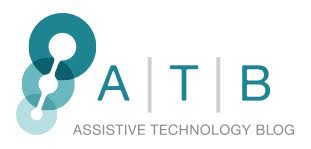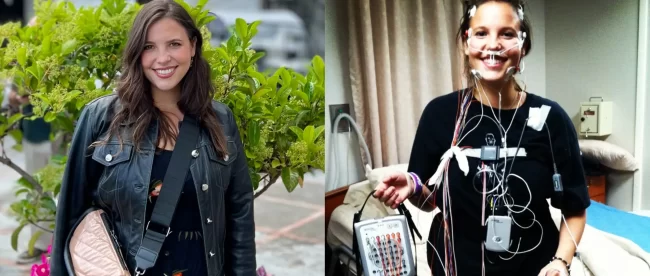Empowering Love: How Dateability is Changing the Dating Game for People with Disabilities
Jacqueline Child, a 29-year-old woman living with disabilities, faced continual rejection and discrimination on mainstream dating apps. This struggle, stemming from her invisible disabilities such as lupus and dysautonomia, prompted her to cofound a dating app specifically for people with disabilities along with her sister Alexa in 2021. The app, called Dateability, aims to provide a space where the disabled community can engage in dating and casual relationships without the stigma and challenges encountered on other platforms. Jacqueline’s experience highlights the need for more inclusive dating environments and the importance of discussing the disabled experience in the context of dating and romance.
Jacqueline’s journey to self-acceptance and her pursuit of love have been significantly shaped by her health challenges. Having undergone over 40 surgeries for multiple medical conditions, she struggled with the stigma attached to her disability, often feeling embarrassed and unworthy. These feelings were reinforced by hurtful comments and rejection in her dating life. However, through therapy, Jacqueline confronted her internalized ableism and came to appreciate the value of shared experiences with others who have chronic illnesses. This shift in perspective led her to seek a more understanding and inclusive dating environment, culminating in the creation of Dateability.
Dateability, launched in October 2022, is the only free dating app designed exclusively for the disabled and chronically ill community. With nearly 11,000 users, the platform provides a safe and inclusive environment where individuals can openly disclose their disabilities through a feature called Dateability Deets. This has significantly reduced the pressure and anxiety around dating for its users. The success of the app is evident in its positive impact on users’ lives, with many finding meaningful connections and even moving towards cohabitation. For Jacqueline, Dateability has been more than just an app; it has given her a sense of purpose and boosted her self-confidence, transforming her life beyond just the realm of dating.
Dateability is available on iOS, Android, and on the web at dateabilityapp.com.
Lived Disabled Experience of Matthew Shapiro
In this insightful video, Matthew Shapy from Richmond, Virginia, a person with a disability and founder of Six Wheels Consulting, shares his experiences in both his professional and personal life. Born prematurely and now using a wheelchair, Matthew discusses his journey from early life challenges in the NICU to spearheading efforts in enhancing inclusivity for the disabled. He delves into his dating adventures, detailing the learnings and hurdles from relationships he’s had, including with others with disabilities.
Matthew’s involvement with dateability, a platform aiding disabled individuals in dating, highlights the societal stigmas and challenges they face in finding genuine partners. He emphasizes the importance of empathy, intellectual and emotional connection, and acceptance in relationships, particularly understanding the needs associated with disabilities. The video sheds light on the unique dynamics of dating within the disability community and the significance of fostering supportive connections.
Source: Business Insider
This blog was written mostly using chatGPT, a potential tool for increased accessibility. Do you think this is an appropriate use of chatGPT? Why or why not? Let me know!


Leave a comment